Need to open up your circle?
These women turned to the apps, but not those apps

By Michelle Elias
The notion of falling in love after plugging images and text on a curated profile slipped into the mainstream in the last few years. Could we now say the same about ‘friendship-finding’ apps?
India was the first to arrive at the cafe. For a few seconds, she cursed herself because of it.
She passed a few more moments faking interest in something outside the window before her thoughts shifted to something else.
What if she doesn't recognise her?
She wondered how she might react if she was catfished.
Grace arrives.
“We hug, it was awkward,” India shares. “It was weird. It was weird.”
India and the woman she barely knew, sat stiffly for a little while. Now they know they were each wondering if the people around them knew this was a blind meetup.
“I was thinking ‘do people think this is a date?’” India said, now laughing in hindsight.
It was a blind date, of sorts. A friendship date, with the pair meeting on Bumble BFF, the ‘friendship-finding’ side of the app better known for its dating portion.
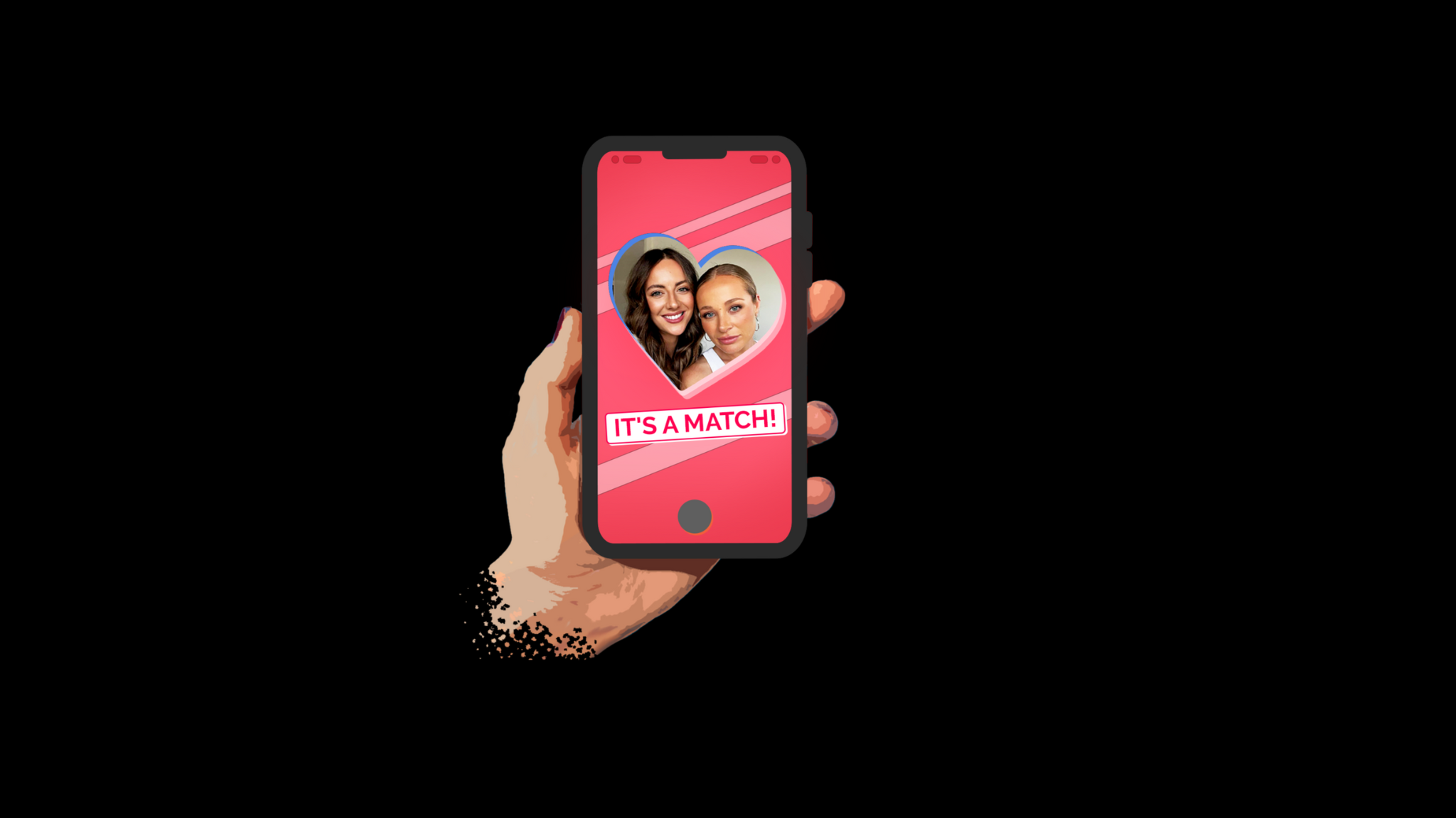

Just like dating apps, people are using friendship apps to find the one; a friend for life, for a short time or even for one night of fun.
Profiles similarly include little bios and icons for people to flag their interests.
“Like a book club but the hot mess boujee (bourgeois) version,” one profile offers. “I’m straightforward and an introvert until I know you! I absolutely hate drama,” writes another.
Some users take a more niche route. “Perfect Sunday… coffee and ouija boards,” one person writes in response to a prompt.
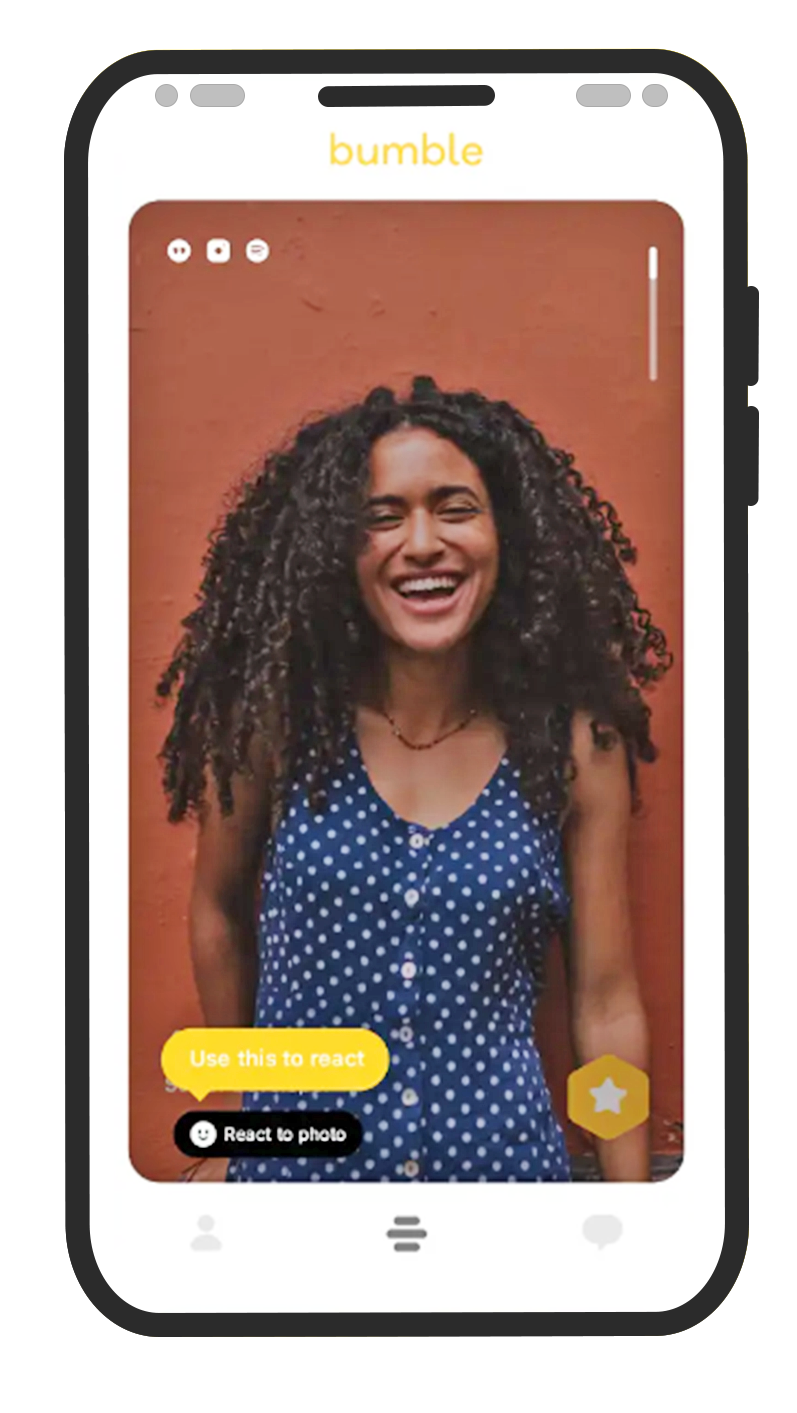

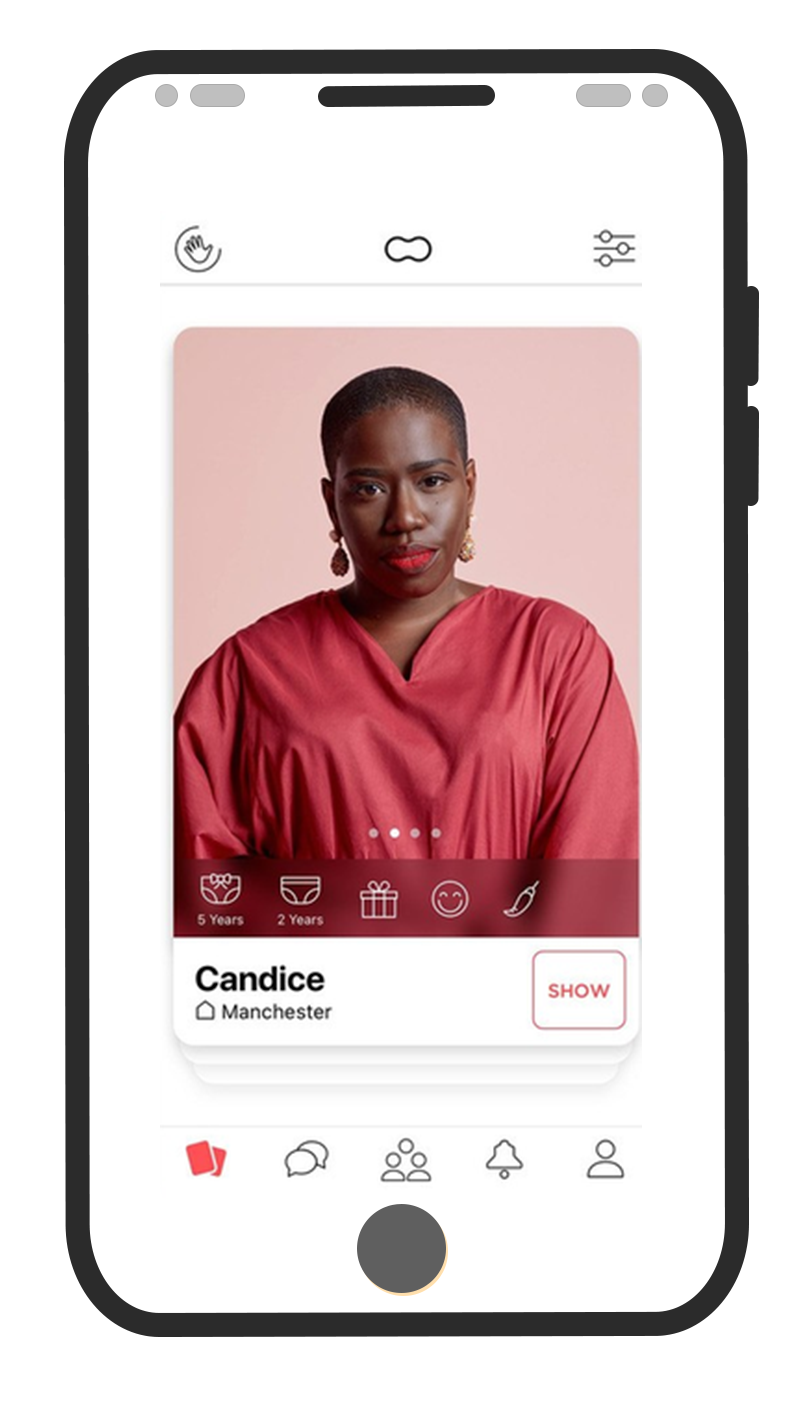

Friendship-finding apps see an uptick
Unlike dating apps, which are dominated by the obvious contenders - Tinder, Bumble, Hinge - friendship-finding apps haven’t reached the same level of popularity, but they’re definitely on the incline.
The Feed contacted a number of platforms, with all reporting an upward trend of people using their friendship-finding apps.
Bumble BFF, the most well-known of the bunch, told The Feed BFF users now make up 15 per cent of all people on the app, up from 10 per cent a year ago.
Bumble said it had two million users in 2019. Based on those figures, there are now about 300,000 people in Australia searching for friendships on its platform alone.
In the first three months of 2021, the average time spent on Bumble BFF grew 44 per cent for women and 83 per cent for men, the company says. This was at a time when states and cities were still in and out of lockdowns.
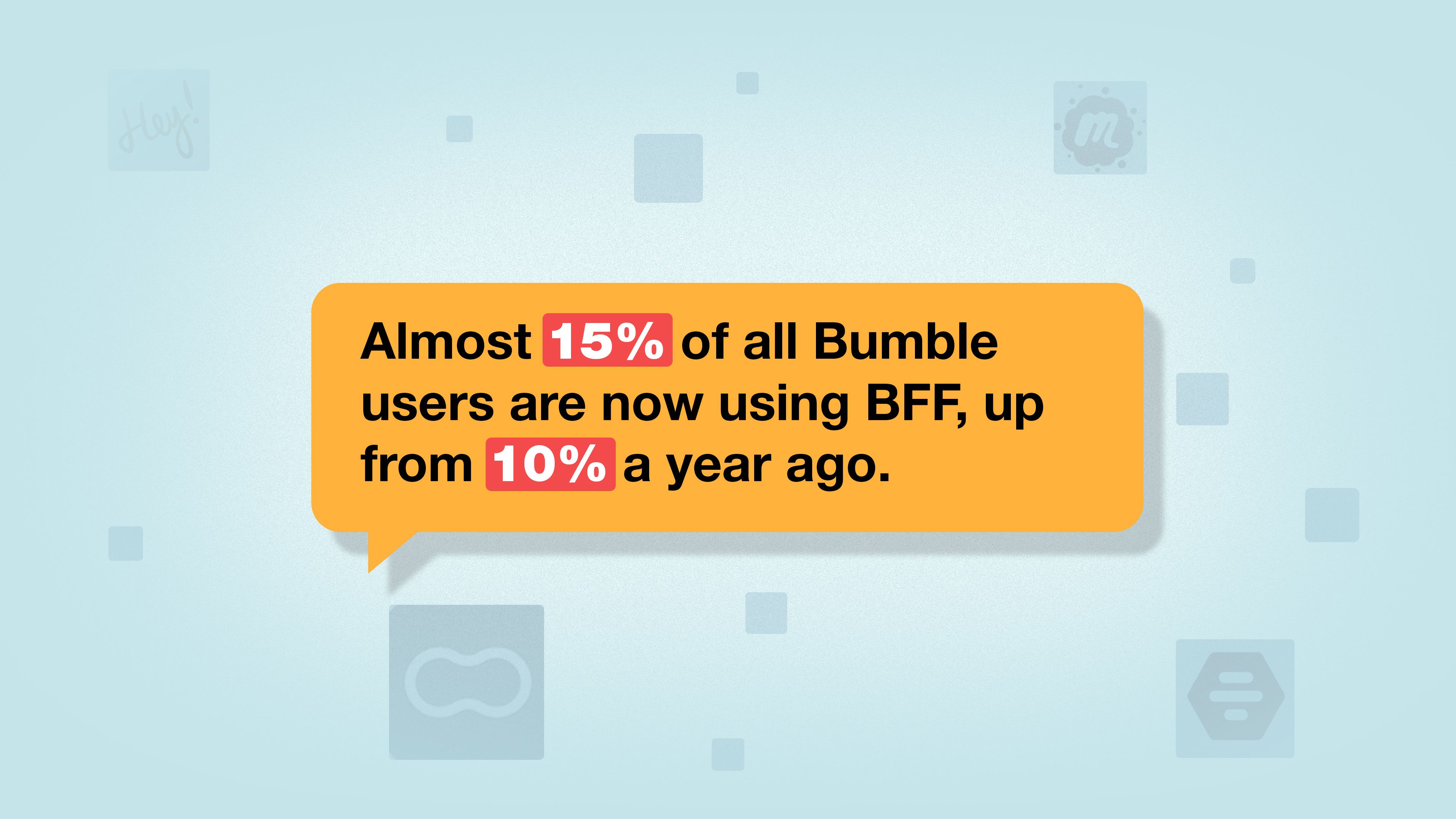
Peanut, a UK-based app initially designed for new or soon-to-be mums to make friends now has more than three million users, growing 140 per cent over 2021, the company told The Feed. About 10 per cent of the app’s users – 300,000 people – are from Australia.
Its popularity has seen the app expand to include other life stages including fertility and menopause.
The app Vina, which promotes itself as the ‘Tinder for (girl) friends,’ is tight-lipped on just how many “millions” of women have joined, but says Australia is its most popular country outside the United States, where it was founded.
“Once the first wave of the pandemic was through, we saw a huge uptick in our membership and activity,” a spokesperson from Vina told The Feed in a statement.
The demographic is mostly women in their 20s who “have had to relocate or spent way too much time alone in the first chapter of the pandemic”.
The spokesperson attributed the pandemic’s isolating effects to the reduced stigma around loneliness and, by extension, the apps associated with finding friends.
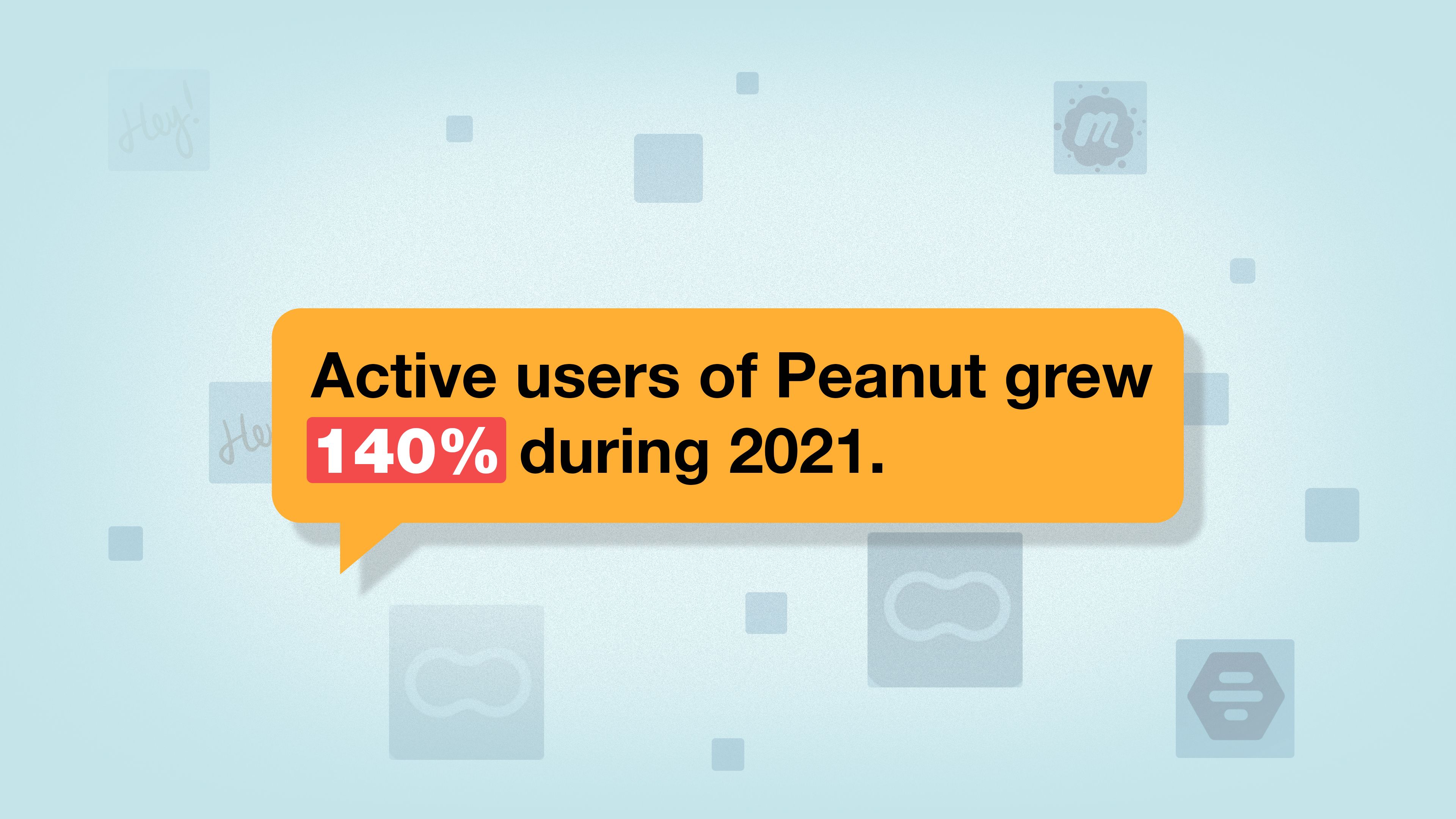
Patook, the app “strictly for making platonic friends,” also reported large and fast spikes around the early days of the pandemic, especially during lockdowns. It admits growth has slowed, but still reports gains. Of the one million Patook users, Australians only make up about 13,000.
App founder Tony Daher said “the growing loneliness problem” is what he suspects fuelled the steady interest.
The overall loneliness rates in Australia have fluctuated with the extent and impact of pandemic-related restrictions. But research conducted before the pandemic by Relationships Australia says around 9 per cent of Australians are lonely at any given time.
Mr Daher said polls taken before the app launched highlighted the difficulties people can experience when seeking new friends as adults.
Moving to new cities, changing jobs, and having children are all factors that can change the tides and make it harder to stay in touch, Mr Daher adds. The worldwide Time Out Index survey released this July ranked Sydney the third-worst out of 53 world cities for making new friends.
“Using apps for making friends might have been considered ‘weird’ in the past but so were dating apps,” Mr Daher said.
And more appear to be in the works. Last year, Fortune magazine reported that Match Group, which owns Tinder, agreed to buy Hyperconnect, a South Korean maker of apps aimed at forming friendships. It reportedly bought it for about US$1.7 billion ($2.45 million) in cash.
With no friendship-finding offering yet from the world’s most popular dating app, it could be something we can expect.

When do we start losing friends? Around age 25, actually.
India, who divides her time between working as a nanny, an aged care worker and studying nursing, met Grace on the app in 2021 during lockdowns.
The 25-year-old Melburnian said friendships with other girls just never happened. After high school, promising encounters with like-minded women never amounted to much.
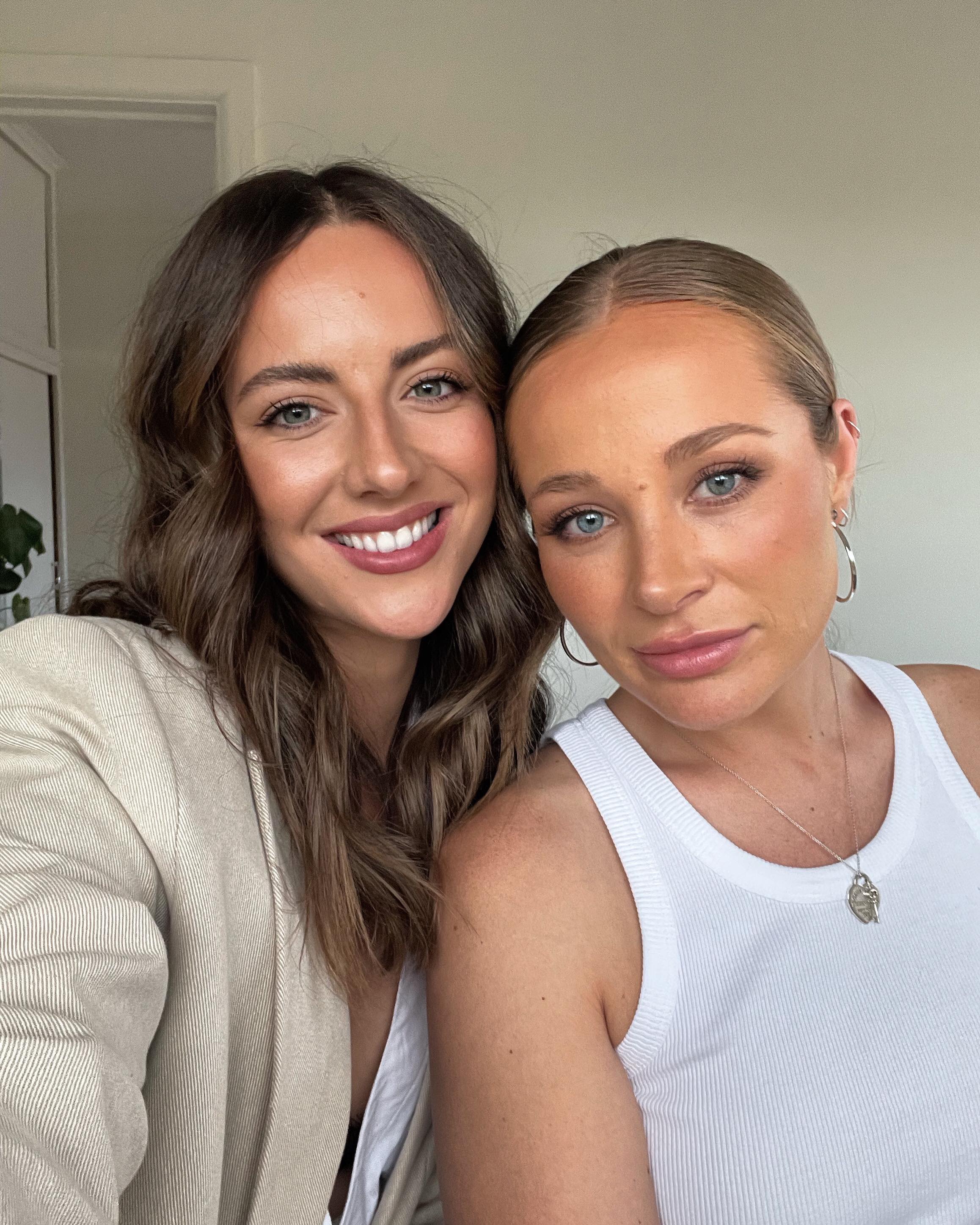
“I’d met other girls at festivals and we’d say that we’d meet up but never would,” India said.
We start losing friends around age 25, according to a 2016 peer-reviewed paper published in The Royal Society.
“People are starting to settle down, they’re happy with what they’ve got,” she said. “At least on something like Bumble I know people are looking for the same thing.”
Having tried the dating side of the app, she sees the obvious differences. Less pressure, low expectations, and on her profile, fewer selfies.
But in some ways, India said it’s the same: “It’s still very superficial."
She swiped on Grace, saying she thought her profile showed she had a similar-looking lifestyle to her own. Once they moved past the initial awkwardness at their meetup, they spent hours at the cafe, immediately making follow-up plans. Now, they’re besties.
“I used to be embarrassed, but now I just come out and say how we met. Yeah, they’re shocked but then they say ‘good for you,’” India said.
Becky and Michelle are another success story, meeting after both moved to Australia from the UK. Expats, those who are new to the country, and those looking to learn English are big demographics on friendship-finding apps.
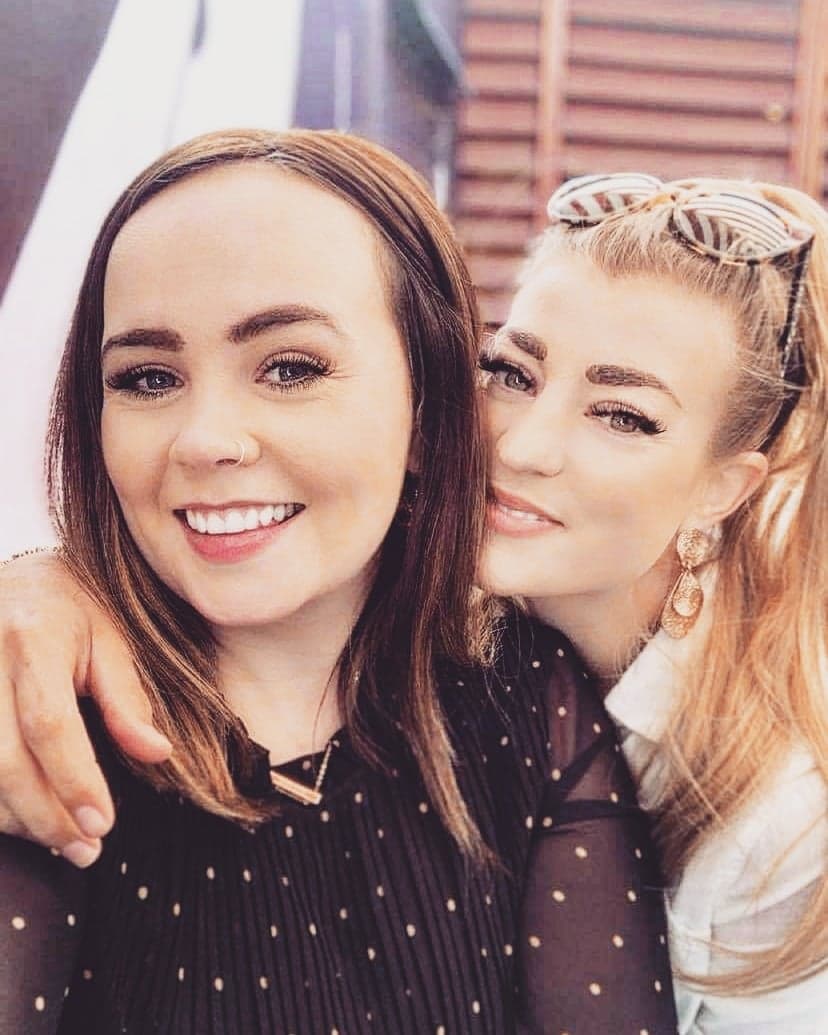
Now 36, Becky said she set up a profile in her early 30s. She echoes India’s sentiment, finding people she met in real life weren’t looking outward, already content with the network they’d set up.
She said apps were always a tool used by expats, and said those geared toward friendship were better than the dating equivalents.
“Compared to a dating app, I could just be myself. I said that I enjoyed my own company and watching Netflix on a Saturday when I'm hungover - I don't expose that to a prospective mate because it's not that ‘attractive,’” she jokes.
“Maybe you feel less judged by the same gender”.
Even when meet-ups aren’t successful, “you don’t take it personally,” she said.
Want to join my pyramid scheme?
Want to go on a date?
Got any drugs?
It’s not utopia out there, though. Swiping through the profiles, The Feed quickly learned the concept is more embraced by women. Some users just won’t engage in conversation, and some are out there looking for things other than friendship, like a business partner or cannabis.

“I’ve seen a few profiles here which were just like, ‘looking for (drugs) – only swipe if you are dealing,’” one user said in a message, wanting to stay anonymous.
As for the shortage of males using friendship-finding apps, Nick Tebbey, the national executive officer at Relationships Australia, said it’s not because they are any less lonely.
“None of our research indicates that women are more lonely than men. In fact, there's quite even levels of loneliness in areas of emotional loneliness and social loneliness.”
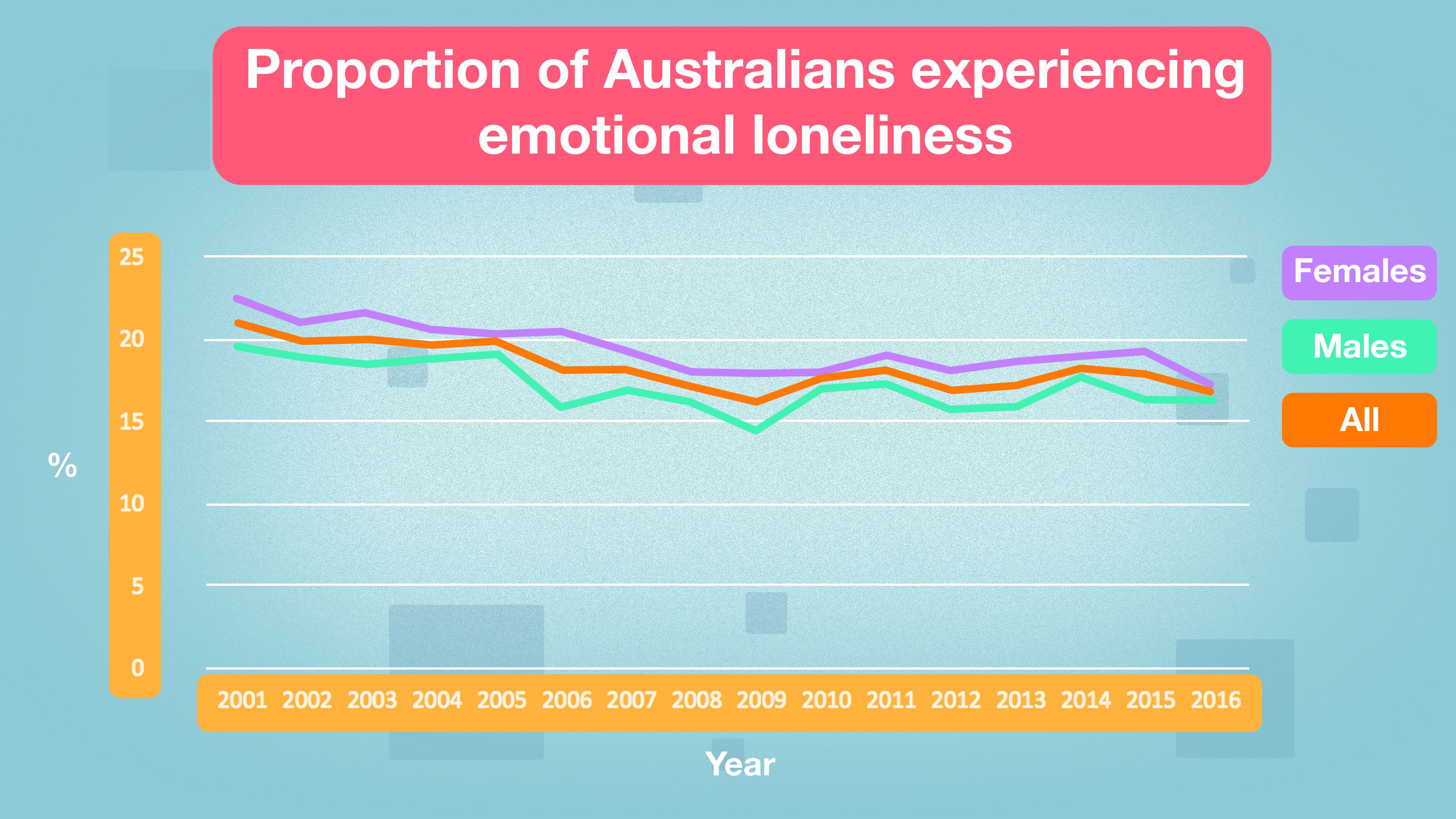
He said friendship is more likely to happen for men in more passive, traditional settings.
“There's a school of research that says men are not as good at seeking help, or not as willing to go out of their way to create change unless they see there's a real pressing need to do so,” Mr Tebbey said.
“Something like ‘well, I don't have many friends’ may not be enough of a reason for them to download an app and start working on building more friends.”
Figures from Patook published on its homepage confirm its app skews female. About 60 per cent of users are women, 36 per cent are men, around 3 per cent are couples and 0.8 per cent are non-binary.
They’re not perfect, or for everyone, but Mr Tebbey said they are one more jigsaw piece in the puzzle helping people to connect.
Why aren’t there more?
Mr Tebbey said in his line of work, he’s come to learn that people aren’t fully aware of how vital friendships are to our wellbeing.
“Through our research we’ve found that people don't necessarily understand just how important friendships are, particularly over the long term, and how much support we actually do draw from our friendships.”
No surprise to some, people who regularly meet with friends report a higher level of life satisfaction due to the emotional support they provide, a study on the role of friendship in 2018 published on Springer reported.
Becky wonders how there aren’t more, considering how competitive the dating app space is.
“It’s like you're allowed to be single, but it almost feels like you're not allowed to say ‘I don't have many girlfriends’ because, you know, it kind of makes you sound like you're not popular. And popular is cool, right?”
She said admitting to being open to love, compared to being open to new friends came at a price: judgement.
Asked if friendship apps could ever reach the same level of popularity as dating apps, Becky said: “I hope it does. I think people need to give it more of a chance.”

